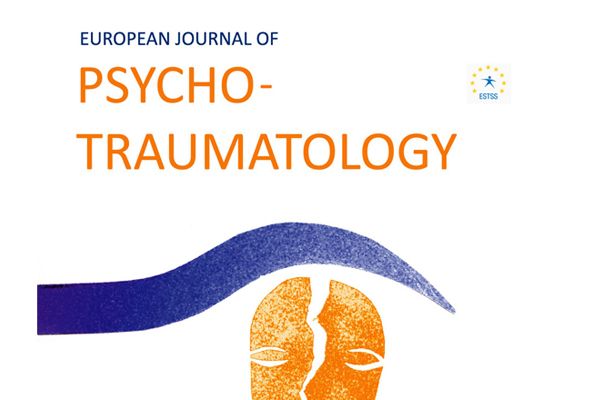7 juni 2020
European Journal of Psychotraumatology
Wei Shi & Brian J. Hall
https://doi.org/10.1080/20008198.2020.1761621
Background: Direct exposure to natural disasters is associated with increased mental disorders. Help-seeking behavior among Chinese adults is low and the barriers and facilitators of help-seeking among Chinese adults exposed to natural disasters is understudied.
Objective: Using a person-centered approach, this study describes help-seekingpreferences and their correlates in a sample of Chinese college students after experiencing Typhoon Hato, the strongest storm to affect Macao, China in the past 50 years. Method: A total of 815 students (females=71.5%) who completed baseline (Sep. 21st –Dec. 6th, 2017) and 6-month follow-up (April 3rd - May 3rd, 2018) were included in the data analysis. Latent Class Analysis (LCA) and Multinomial Logistic Regression were used to analyze the data via Mplus 7.4 and STATA 14.0.
Results: Three latent classes of help-seeking preferences were identified in this study, including: “mental health professionals and close people” (MHPCP, 52%), non-seekers (31%), and “multiple sources” (17%). The results of multinomial logistic regression showed that region of origin (Mainland versus Macao, China), self-stigma, perceived helpfulness of professional mental health help, previous professional help-seeking behavior, and perceived social support, were significantly associated with MHPCP help-seeking preferences.
Conclusion: A large proportion of students preferred to seek support from loved ones and professionals. However, over 30% of the sample preferred not seeking help for mental health concerns. Further research is needed to enhance mental health treatment seeking preferences among Chinese college students.
Keywords: help seeking; Chinese; Natural Disaster
Received 02 Jan 2020, Accepted 01 Apr 2020, Published online: 04 Jun 2020

Het European Journal of Psychotraumatology (EJPT) is een peer-reviewed, interdisciplinair wetenschappelijk tijdschrift dat deel uitmaakt van de European Society for Traumatic Stress Studies (ESTSS).
Het EJPT heeft als doel om wetenschappers, behandelaren en experts te betrekken bij de belangrijkste vraagstukken rond stress en trauma, waaronder individuele gebeurtenissen, herhaalde of chronische trauma's, grootschalige rampen en geweld.

